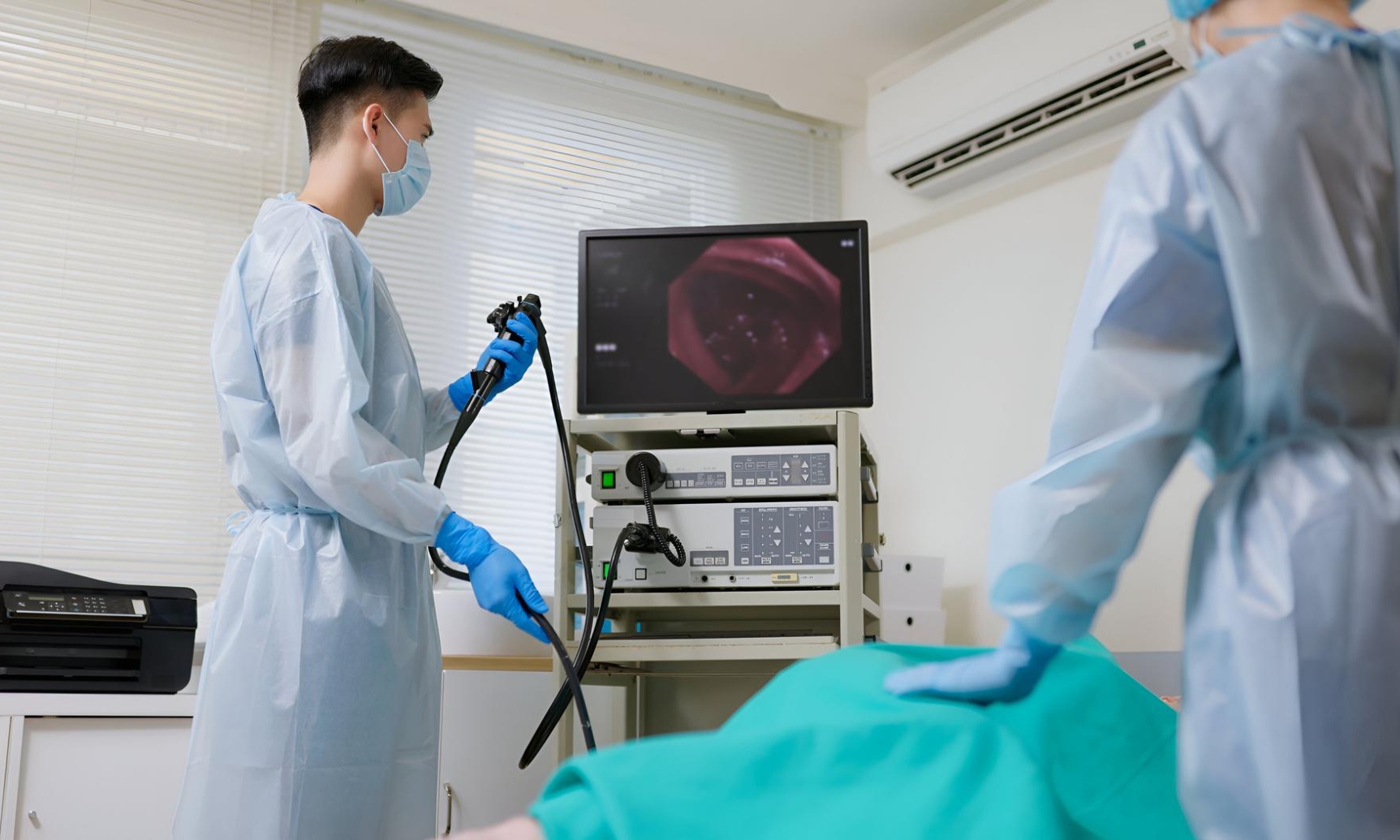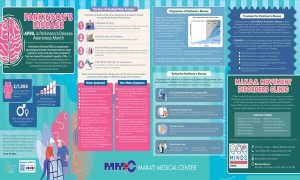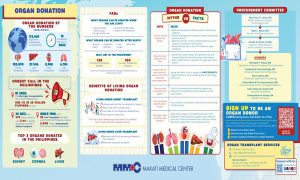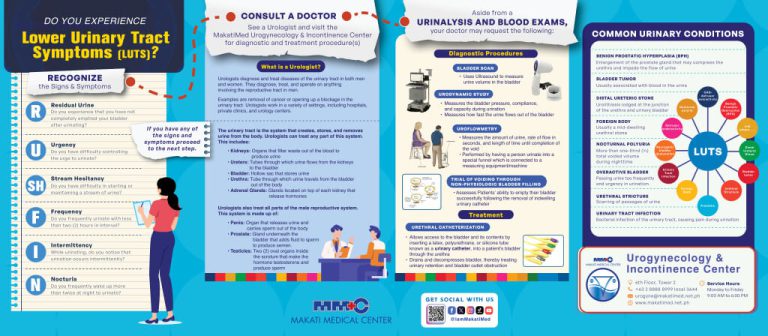Film legend Audrey Hepburn, first female president of the Philippines Corazon Aquino, creator of Peanuts comic strip Charles M. Schulz, Brazilian soccer superstar Pele, Philippine basketball player LA Tenorio, Dawson’s Creek star James Van der Beek, and Black Panther lead actor Chadwick Boseman. What sounds like a random rundown of celebrities’ names is actually a list of famous people who were diagnosed with Colon Cancer.
Given the rising cases of colon and Colorectal Cancer (a broader term that encompasses both colon and rectal cancer), particularly among those age 50 and below, the World Health Organization (WHO) estimates that by 2040, Colorectal Cancer will increase to 3.2 million new cases per year (an increase of 63%) and 1.6 million deaths annually (an increase of 73%). In the Philippines, it remains one of the most common types of cancer and causes of deaths.
What the wide variety of personalities with Colon Cancer tells us is that anybody—young, old, male, female, active, sedentary—has the potential of developing this insidious disease. Thus, like other cancers, early detection is crucial to a successful treatment and improved chances of survival.
“Colon Cancer is preventable. It’s treatable and it’s also beatable,” declares Angelo Lozada, MD, Gastroenterologist and Hepatologist from Makati Medical Center (MakatiMed).
What causes Colon Cancer?
Colon Cancer occurs when there are cancerous growths or polyps in the colon. Age and a family history of Colon Cancer certainly put you at risk of developing the disease, but experts attribute the upward tick of cases these days, particularly among patients not yet in their 50s, to a number of lifestyle factors—among them, a diet high in fat and processed meat and low in fruits and vegetables; minimal to no physical activity; obesity; and alcohol and tobacco use.
If Colon Cancer is discovered at a more advanced stage, it’s likely because its classic symptoms go unnoticed or are mistaken for something else. Blood in the stool and rectal bleeding can be dismissed as hemorrhoids, while unexplained weight loss, fatigue, anemia, and changes in the bowel movement blamed on stress at home or work.
Interestingly enough, the polyps that develop in your colon do not start out as cancerous.
Regular screening then is a must, and the test to determine your colon health is a colonoscopy. Performed while you’re sedated, the procedure involves inserting a colonoscope, a flexible tube-like instrument with a camera and a light at the end, through your anus and into your colon. The camera transmits what your colon looks like in real time to a video monitor for a doctor to check for any abnormalities. Your doctor may take a tissue sample or polyp to biopsy during the colonoscopy.
The primary—and best—treatment for Colon Cancer
For doctors, surgery is both the primary and best treatment for Colon Cancer. “Not only is it the most effective way to get rid of the cancer, but it can also reduce chances of recurrence and improve digestive function,” says Dr. Lozada. Patients with early-stage Colon Cancer (0-1) can benefit from surgery because the cancer has not grown beyond the colon’s inner lining. But there are procedures that can address Colon Cancer in its advanced stages as well.
“A polypectomy is performed on patients with a polyp that is malignant or may become malignant in time. Consider it a preventive measure,” explains the MakatiMed Gastroenterologist. “A colectomy is recommended when the cancer has spread to the colon’s surrounding tissues. A patient could undergo a partial colectomy, a hemicolectomy (removal of either the right or left part of the colon), a sigmoidectomy (removal of the sigmoid colon, or the last part of the colon), protocolectomy (removal of the colon and rectum), and, in rare cases, a total colectomy (the removal of the entire colon).”
Other forms of treatment, like chemotherapy, radiation, targeted therapy, and immunotherapy may be recommended before or after surgery to improve prognosis and lessen the risk of the cancer coming back. “MakatiMed has some of the most experienced board-certified surgeons on its team. They will determine the most appropriate type of surgery and necessary treatments for you, based on the stage of your cancer, the size and number of tumors, and their location,” shares Dr. Lozada.
What to expect
Conducted under general anesthesia and on a clean and empty colon, Colon Cancer surgery lasts between two (2) and eight (8) hours. Generally safe, it does come with risks like bleeding, blood clots, infection, and bowel obstruction due to internal scar tissue from the surgery. You may also experience diarrhea, constipation, and passing gas, but these post-surgery side effects resolve themselves in time, and with tweaks to your diet.
“Patients who undergo colectomy may need a colostomy, a surgical procedure that makes your poop pass out through an opening in your abdominal wall and into an external pouch,” explains Dr. Lozada. “It may be permanent and irreversible, but more often than not, it’s temporary and can be removed once the colon or anus has healed.”
While all this sounds like a lot to take in, it helps to know that you can live a normal and productive life after Colon Cancer surgery. “Lifestyle changes contribute to living comfortably and with less complications following surgery,” underlines Dr. Lozada. “We highly recommend eating a diet of fruits and vegetables, lean protein, and whole grains; engaging in regular physical activity; avoiding stress; quitting smoking and drinking alcohol; and seeing your doctor for your scheduled checkups.”
As an advocate of early detection, Dr. Lozada makes it a habit to ask patients—even those who come see him for other concerns—if they’ve had a colonoscopy.
“For those who have a family history of Colon Cancer—perhaps your mother, your father, or any sibling who was diagnosed with Colon Cancer—you should get your screening 10 years earlier than your first-degree relative who was diagnosed,” he continues. “So, for example, if your parent or sibling was diagnosed at age 50, you should get your screening at 40.”
“I hope that there is more awareness in terms of knowing,” he adds. “It’s not just us doctors who should remind our patients, but also everyone—your family members, your loved ones, your friends, especially those who’ve had a colonoscopy, to share their experience.”
Article based on the MakatiMed Vodcast episode “Mind Your ‘Gut’: The State of Your Digestive System, and Your Susceptibility to Colorectal Cancer” last March 14, 2023.
For the complete list of Makati Medical Center’s Gastroenterology Specialists, click here. You may also reach us via MakatiMed On-Call at (+632) 8888 8999 or at [email protected].
Follow our social media pages for more health-related content and for the latest updates: https://www.makatimed.net.ph/social-media-pages/











